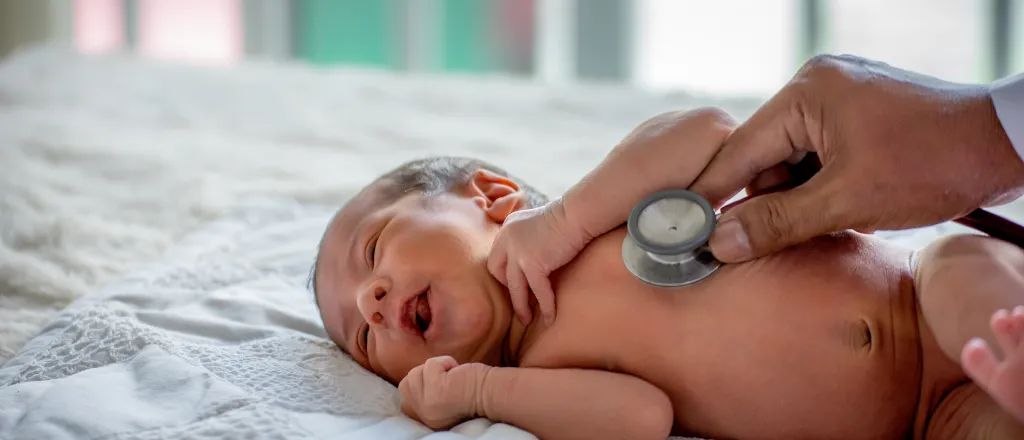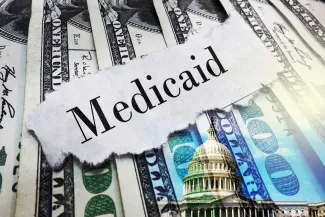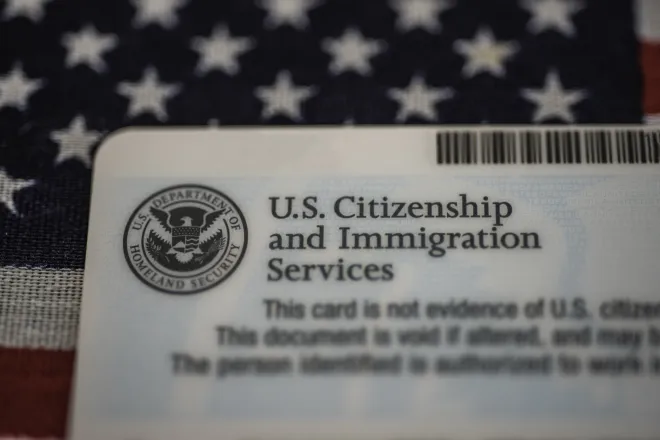
Report: Medicaid critical for maternal and infant health in rural Colorado
Click play to listen to this article.
Medicaid coverage is essential for the health of women and babies and efforts in Congress to curtail the program could disproportionately affect people in small towns and rural areas, according to a new report from Georgetown University.
Indra Lusero, founder of the Colorado-based reproductive justice advocacy group Elephant Circle, said access to health care is critical in the weeks immediately before and after birth.

© zimmytws - iStock-2206705589
"In Colorado, actually more people are on Medicaid during the perinatal period in rural areas than in urban areas," Lusero pointed out. "The proportion deeply impacts rural folks even more than urban folks."
In 20 counties nationwide, including Bent and Crowley in Colorado, half of all women of childbearing age are covered by Medicaid. House Republicans have proposed cutting more than $600 billion in Medicaid to pay for Trump administration priorities including mass deportations and tax cuts. Lawmakers said they can make cuts without reducing benefits by eliminating waste and fraud.
The Congressional Budget Office estimated the proposed cuts would lead to a loss of health insurance for more than 8 million Americans.
Joan Alker, executive director of the Georgetown University Center for Children and Families, said the data is especially important for lawmakers representing rural counties.
"Right now, Congress is considering the largest cuts to Medicaid that certainly I've seen in my few decades of working on Medicaid," Alker noted. "The reality is that these could be extremely pernicious and dangerous for rural communities."
Medicaid covers half of all births in rural areas and if families lose coverage, uncompensated care costs when patients cannot afford to pay could make it hard for hospitals to keep doors open. Alker argued cuts to Medicaid would put the health of all mothers and babies at risk.
"It doesn't matter who their health insurer is," Alker emphasized. "If they have private insurance, employer insurance, but there's no facility, then they can't safely give birth."
















